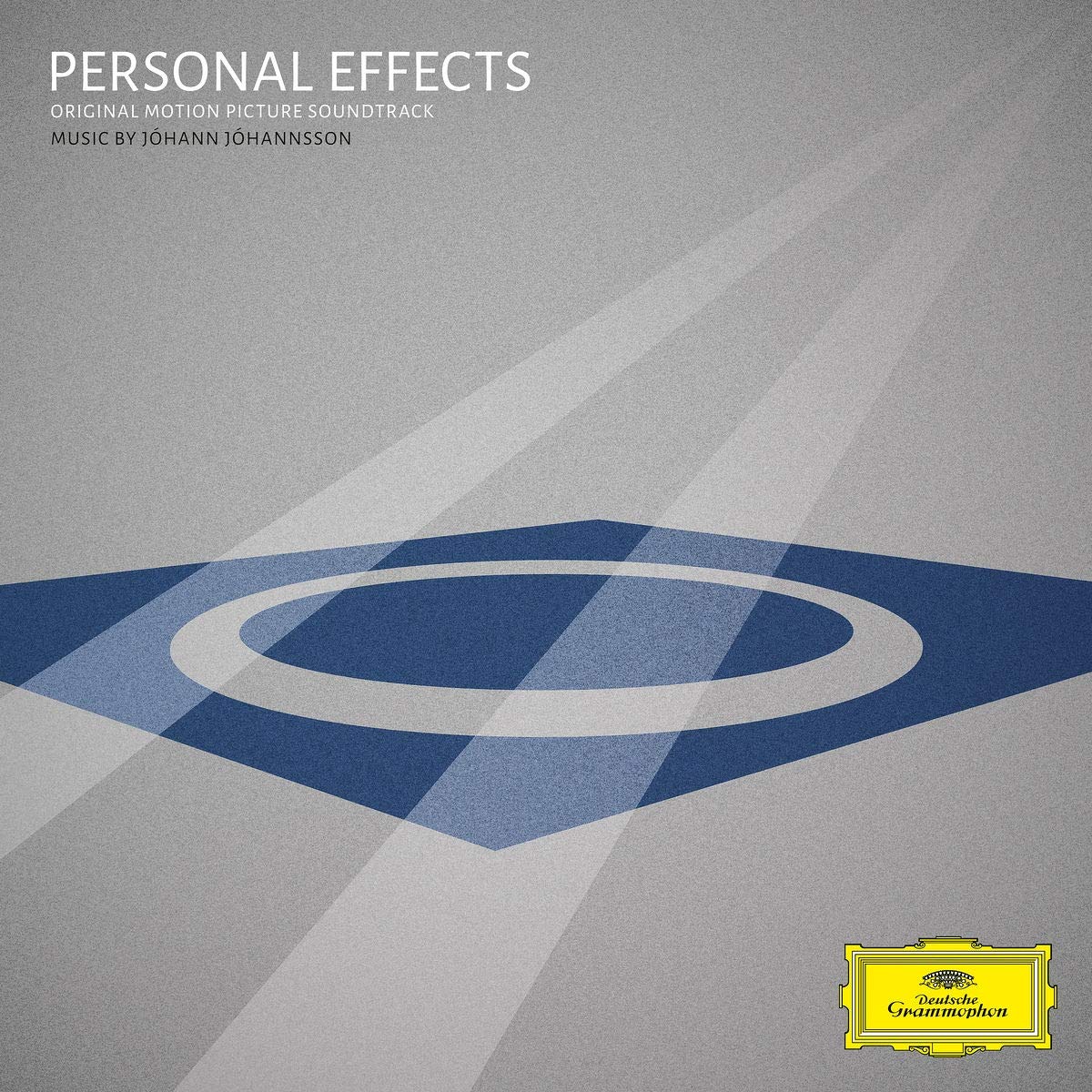I listened to the first track of an early score by the composer Johann Johannsson and it made me cry. The intro track. The one that’s supposed to just set the stage. I found it so beautiful and mournful, especially in the light of the state of the world right now, that I was overwhelmed. With all the stress and pain and anxiety we’re feeling, it was like something pure from another dimension, somehow commenting on the state of the world more than a decade after it was created.
As we all know, the composer behind masterful scores like the ones for “Prisoners,” “Arrival,” and “Mandy,” is gone, having passed away at far too young an age. But after years of wrestling over rights, one of his earliest scores, for a 2009 film called “Personal Effects” with Michelle Pfeiffer and Ashton Kutcher, has finally been released. With delicate piano and soaring strings, it’s an incredibly moving piece of work. Would it be as powerful if Johannsson was still alive? Would it be as powerful if we weren’t all as emotionally raw as we are in 2020? There’s no way to know, but art doesn’t exist in a vacuum. Great art speaks both to the moment it was created and even more to the moment in which it is appreciated. This is great art.
“Personal Effects” doesn’t have much of an online footprint. I’ll admit to never having seen it. Roger Ebert never reviewed it. In fact, it only has two reviews in Rotten Tomatoes. It opened in March 2009 and IMDb describes it thusly: “A 24 y.o. wrestler/McJob man meets a mom 20+ years older at group therapy for family of murder victims (sister and husband). He helps her deaf teenage son. She invites him to weddings. They await convictions on the murder trials.” It stars Pfeiffer, Kutcher, and Kathy Bates, and was written and directed by “Ray Donovan” creator David Hollander, from a novel by the great Rick Moody (The Ice Storm). I wondered if I should track down the film before listening to the score because I do think it’s how a score is used that really matters as much if not more than the composition itself. In the end, I decided this is an unusual case in which the legacy of the composer is more relevant than the movie and I wanted to experience it separate from the imagery. I’ll still track it down, but that didn’t stop me from listening to the score and shouldn’t stop you.
I did read the liner notes by Hollander, who tells one of those great stories about stumbling upon brilliance. At the request of his son Nate, Hollander attended an art exhibition on Santa Monica beach by Gregory Colbert. It contained a score by Johann Johannsson. Hollander didn’t even know it then, but the score haunted him and it turned out to have haunted the film’s producer too, who mentioned the same exhibition four years later when they were looking for a composer for “Personal Effects.”
Hollander writes in the notes, “During the creation of the score for ‘Personal Effects’ I never imagined this music about love and loss would transcend the characters on the screen and come right back to me. I never imagined this score would be something that would not only help me cope with Johann’s death, but feel Johann’s presence and be moved time and time again by his work. It has. And I hope, for those of you who knew and loved him, or simply loved his work, it does the same for you.”
I’m not capable of really dissecting why classical music works or doesn’t. It’s not a skill set that I have. I can appreciate a great composition like so many people do—in my heart more than my head. And listening to “Personal Effects” hit me at the right time in the right way. From a beach in Santa Monica in 2005 through a film that, as Hollander puts it, “seemed to do nothing special for either of our careers,” and to my kitchen in 2020. I’m fascinated by the way people connect through art across time and experience, and how they do so differently, often more emotionally, in times of international crisis. I didn’t know him, but I sense by listening to his music that such connection interested Johannsson too.
Available streaming now.












